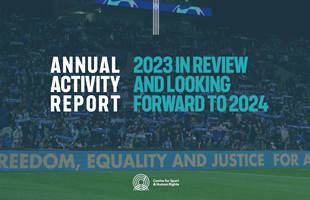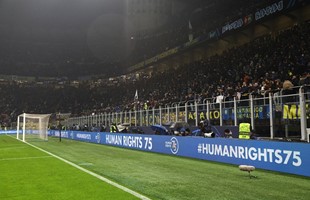The extraordinary autonomy of sports bodies under Swiss law: lessons to be drawn
11 Sep 2020
Author - Margareta Baddeley

High-profile decisions of the sports governing bodies and subsequent judicial decisions of the Court of Arbitration for Sports (CAS) in Lausanne, the Swiss Federal Tribunal and, sometimes, the European Court of Human Rights frequently draw wide public attention to the fact that in litigations of the sports world, the decisions of the sports governing bodies will generally be upheld on court appeal. This is due to the extraordinary autonomy that sports governing bodies enjoy under Swiss law, deriving on the one hand from the liberal legislations in Switzerland governing associations and arbitration, and on the other hand, from their equally liberal application by the courts, especially in sports-related cases. While the high degree of self-regulation and arbitration in sports allowed the efficient handling of the increasingly complex activities of international sports and of the ever-rising cases of contention among its stakeholders, it is also necessary to point out the flaws of the resulting situation: for the governing bodies of international sports, self-regulation serves primarily the smooth organization of sports, while the specific interests of the subjects of their rules, in particular those of the lower level sports organizations and of athletes, are of secondary importance or may fall completely by the way-side. By contrast, state and international political and judiciary bodies must weigh the interests and rights of all parties involved when regulating relations or deciding in litigation between private parties, so as to ensure that the essential rights of the weaker parties are respected in all situations. This is a heavy responsibility for courts facing the bulk and the power of international sports governing bodies, foremost the Swiss Federal Tribunal, and to a certain extent also the Swiss legislator.
Access here: The extraordinary autonomy of sports bodies under Swiss law: lessons to be drawn



